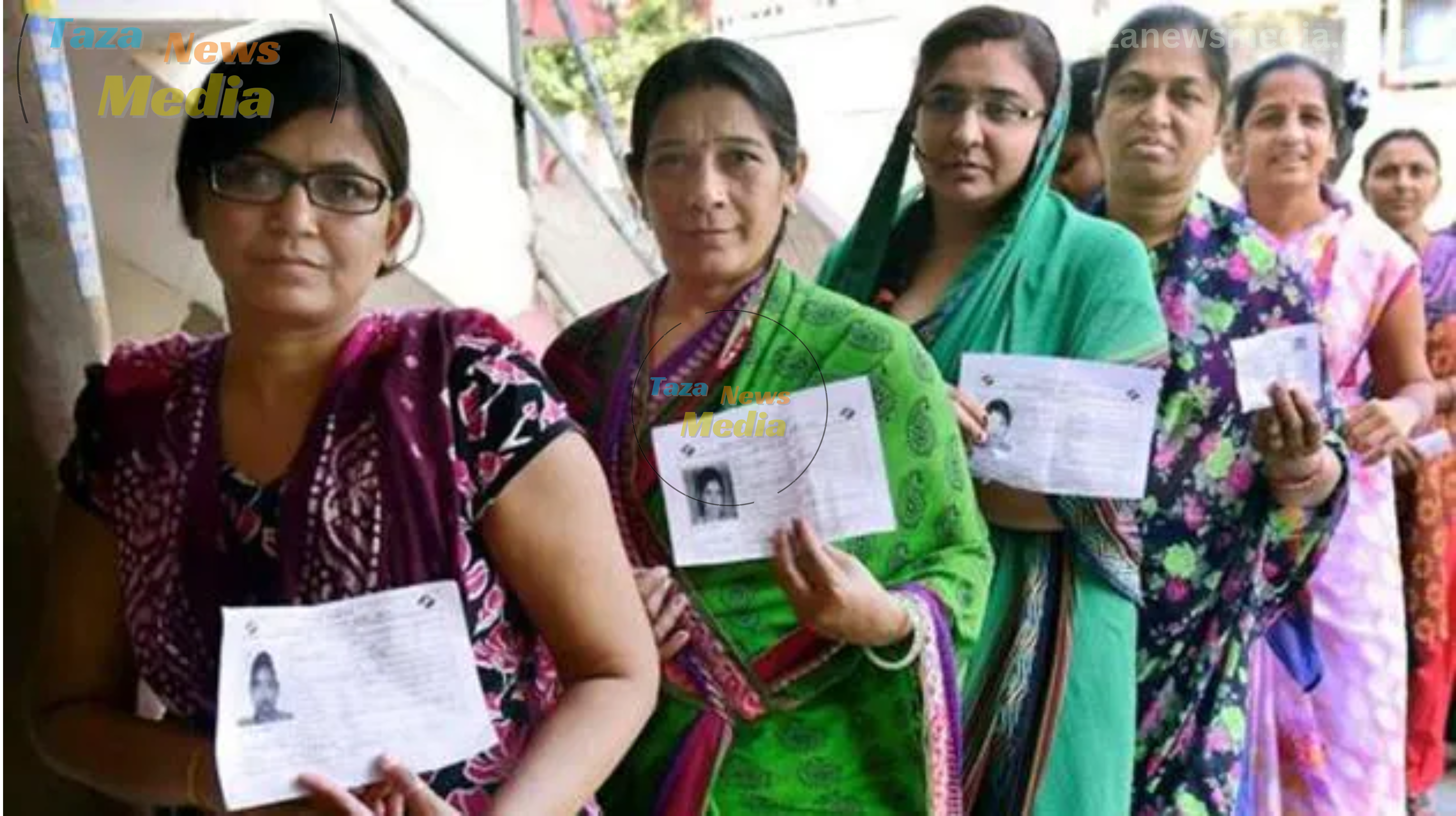On March 16, the Election Commission of India (ECI) announced the much anticipated final dates of the next Lok Sabha elections. Find out if employees receive paid holidays on polling days. According to the RP Act, an employee is entitled to a paid holiday on the day of voting and cannot have any deductions made from his daily earnings or income. (PTI)

On March 16, the Election Commission of India (ECI) announced the much anticipated final dates of the next Lok Sabha elections. There will be seven stages of these votes, running from April 19 to June 1. The main problem, though, is whether election days constitute paid holidays. Let’s investigate what employees think about polling days.
Do voting days count as paid holidays?
In India, the constitutional right to vote is available to all individuals above the age of eighteen. Let’s examine the legal requirements for a polling day and the repercussions that would occur if they were broken.

What is stated in the Constitution?
The right to vote is guaranteed by the constitution to every person and is essential to India’s electoral democracy. Therefore, in accordance with the Representation of People Act, 1951 (RP Act), all businesses in the region where voting is taking place are required to proclaim a holiday on the day of voting. According to the statute, an employee is entitled to a paid holiday on the day of voting and cannot have any deductions made from his or her daily earnings.
“Per Section 135B of the RP Act, it is mandatory for all organizations to grant paid leave to their employees on the date of the election, whether central or state,” stated Ankur Mahindro, managing partner at Kred Jure, according to Moneycontol. “On election day, the employer is required to provide all qualified employees with a paid holiday. They have to make sure that there are no wage deductions or abatements,” RR Legal Partner Abhishek Awasthi was cited by Moneycontrol as saying.
According to Rishi Sehgal, an advocate-on-record at the Indian Supreme Court, both public and private organizations are covered by this clause. The law also mandates that casual employees and daily wage workers have paid holidays. Furthermore, as the lawyer pointed out, it’s crucial to remember that this regulation also applies to workers who work outside the area in which the election is being place but who typically dwell there. For example, a voter who lives in Mumbai but works in Chennai is entitled to a holiday on the day of the Mumbai elections.
Read this Also⬇️

Technology advancements outside the AI frenzy are our top selections for MWC 2024.
The repercussions of not having a paid holiday on election day
If an employer does not provide a paid holiday on election day, the employee may contact the Election Commission of India (ECI) or an authority designated by it. Moneycontol quoted Anant Singh Ubeja, a senior associate at SKV Law Offices, as saying that “employees facing such issues can report the violation to the Election Commission of India or the State Election Commission.”
The representative went on to say that the ECI has the right to look into the complaint after receiving it. The offender shall pay a fine of ₹500 in accordance with the RP Act. The ECI may also report violations of public authority orders under the Indian Penal Code, depending on the circumstances of the case.
Which laws are exempt from this one?
However, workers in jobs where an employee’s absence puts them in risk or results in a significant loss for the company are exempt from having to pay for holidays. This clause does not apply to any elector whose absence might endanger or materially impair their work, according to the RP Act.
Elections are scheduled for April 19 and 26, May 7, 13, 20, 25, and June 1, according to the ECI. These are all weekday dates, with the exception of May 25. Every major metropolis in India, save the nation’s capital, will hold voting on weekdays. On Saturday, May 25, Delhi residents are anticipated to cast their ballots.







